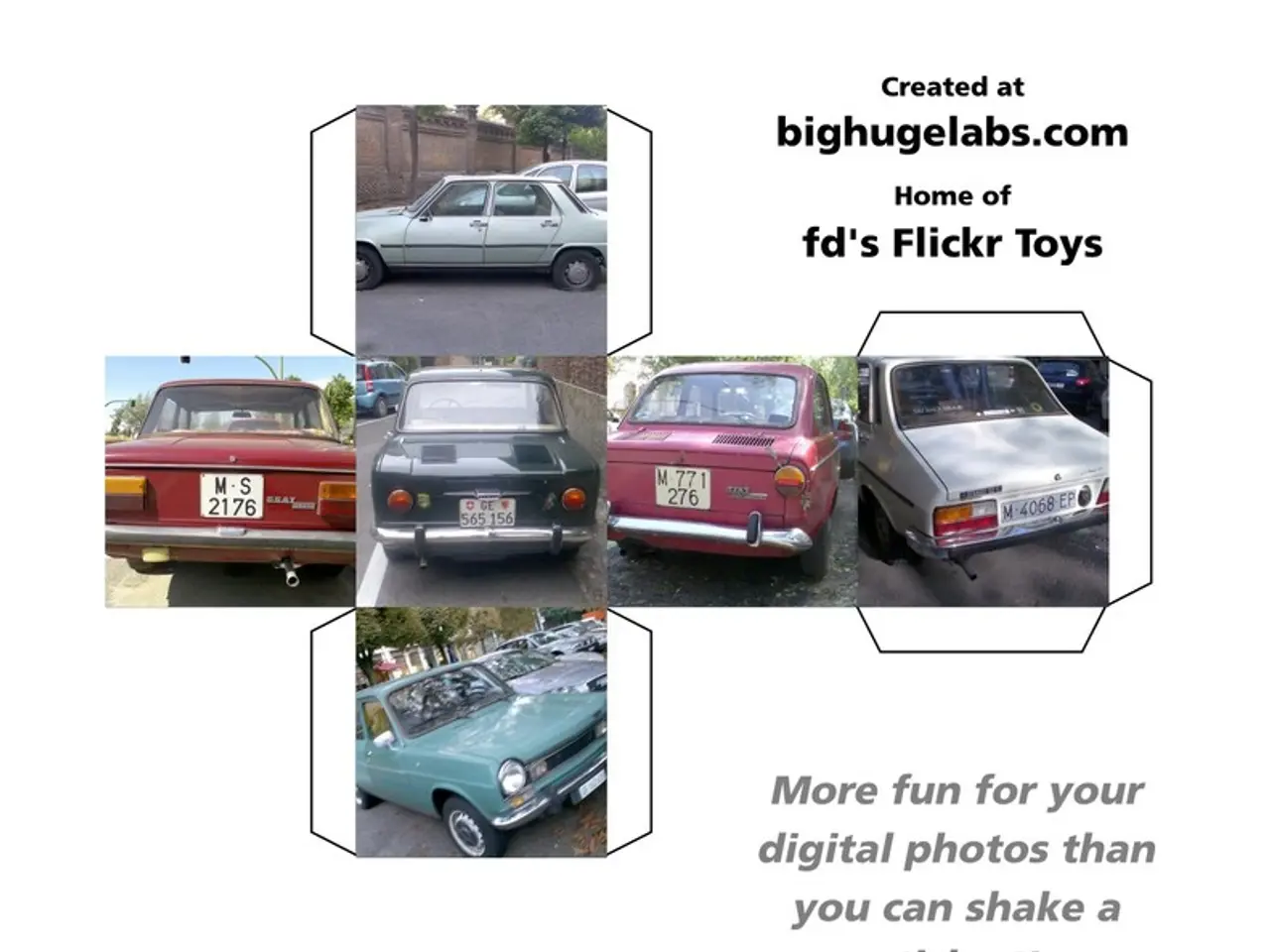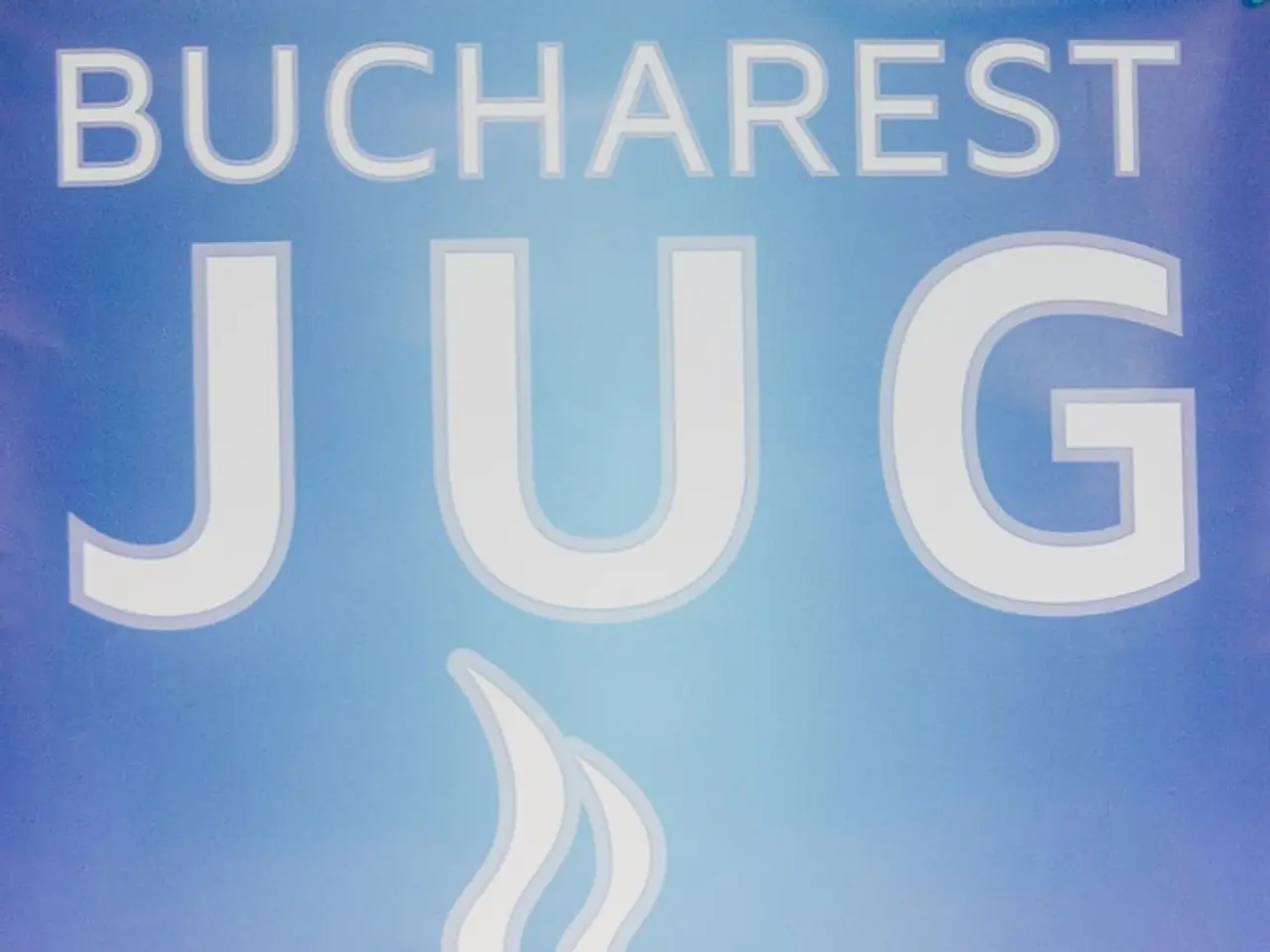Informal Trade Goes Digital: LovCash, Lisk, and a Large FMCG Company Embrace Blockchain Technology in Local Shops
In South Africa, the informal economy, accounting for nearly 20% of all jobs, has remained largely unbanked and cash-dependent. However, a significant shift is underway, as blockchain-based payment solutions are driving transformation and growth, particularly in the informal retail sector.
LovCash, a blockchain-powered digital payments platform, has rapidly expanded, onboarding over 3,700 small-to-medium informal retailers and partnering with nine of the country's largest wholesalers. The platform, which leverages Lisk's Ethereum Layer 2 blockchain infrastructure, is designed to be scalable and easy to adopt for small retailers and local supermarkets.
LovCash addresses long-standing challenges in the informal sector, such as difficulty in tracking sales, extending credit, and offering supply chain incentives. The platform facilitates cashless payments, real-time sales tracking, digital loyalty and rewards programs, and overall supply chain transparency.
The impact of LovCash’s blockchain solution is substantial. By transitioning to digital transactions, the platform enhances security, efficiency, transparency, and financial inclusion for informal traders and FMCG suppliers alike. It enables FMCG producers and distributors to reach underserved markets more efficiently with real-time data and streamlined payments, fostering greater operational speed and trust in the supply chain.
Notable partnerships have been established by LovCash. The company has collaborated with the German blockchain firm Lisk, which not only provides the blockchain infrastructure but also invests funding and technical support to scale LovCash’s operations. Furthermore, LovCash is working closely with a major Fast-Moving Consumer Goods (FMCG) company in South Africa to digitize informal trade, although the specific FMCG company name has not been disclosed publicly.
Solly Bellingan, acting head of cash services at BankservAfrica, states that the goal is to reduce reliance on cash, not eliminate it. This sentiment is echoed by Dominic Schwenter, COO of Lisk, who highlights the shift from blockchain speculation to infrastructure deployment, particularly in markets with weak or exclusionary financial rails. Costas Constantinou, founder & CEO of LovCash, emphasizes the need to fill the infrastructure gap with a digital-first system for mom-and-pop shops and local supermarkets.
In summary, LovCash, through its blockchain platform powered by Lisk, is revolutionizing South Africa's informal retail sector by enabling digital payments, improving supply chain efficiency, and driving financial inclusion. Its partnerships with major wholesalers, FMCG companies, and a German blockchain firm underscore its pivotal role in digitizing one of the continent’s most cash-dependent economic sectors.
- In South Africa, the informal retail sector is experiencing a significant shift, with LovCash, a blockchain-powered digital payments platform, leading the transformation.
- LovCash has expanded rapidly, onboarding over 3,700 small-to-medium informal retailers and partnering with nine of the country's largest wholesalers.
- The platform's design, which leverages Lisk's Ethereum Layer 2 blockchain infrastructure, aims to be scalable and easy for small retailers and local supermarkets to adopt.
- LovCash addresses long-standing challenges in the informal sector, such as difficulty in tracking sales, extending credit, and offering supply chain incentives.
- The platform facilitates cashless payments, real-time sales tracking, digital loyalty and rewards programs, and overall supply chain transparency.
- Notable partnerships have been established by LovCash, including with the German blockchain firm Lisk, a major Fast-Moving Consumer Goods (FMCG) company in South Africa, and BankservAfrica, all aiming to digitize and inclusion the informal trade in South Africa.




